
June 24, 2024
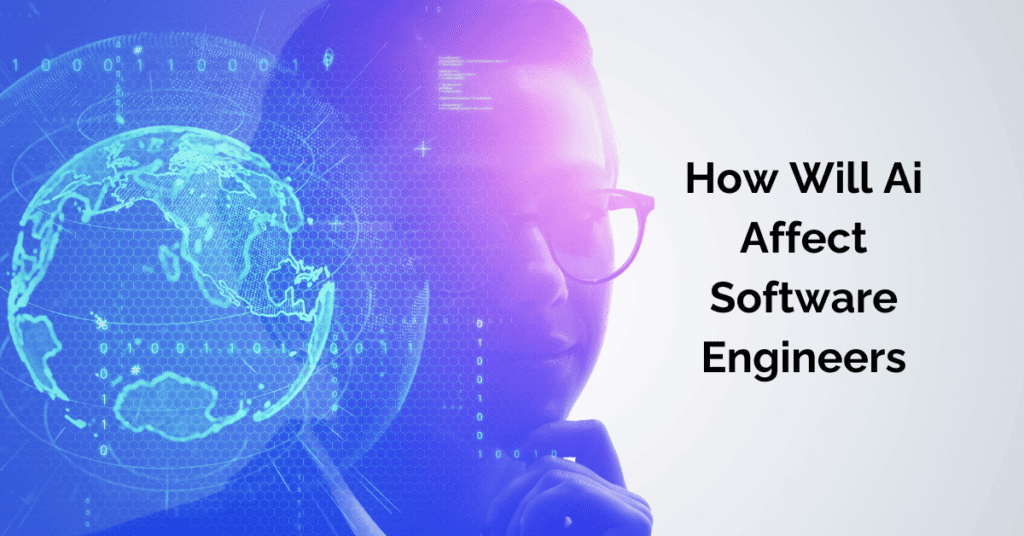
The rise of artificial intelligence (AI) is having a transformative impact on nearly every industry, and software development is no exception. But fear not, fellow coders, AI isn’t here to take your jobs – at least not entirely.
Instead, AI is poised to become a powerful collaborator, augmenting your skills and changing the landscape of software engineering.
No, AI is unlikely to replace software engineers entirely in the foreseeable future. Instead, AI is poised to become a powerful collaborator, transforming the role of software engineers and demanding a new skill set for success.
Here’s a breakdown of why AI won’t render software engineers obsolete:
AI presents an exciting opportunity for software engineers to evolve their skillset and collaborate with powerful tools.
The future of software engineering is not about AI replacing humans, but rather humans and AI working together to create more efficient, innovative, and user-centric software solutions.
The world of software engineering is undergoing a revolution driven by artificial intelligence (AI).
AI is rapidly transforming how software is built, tested, and deployed, but it’s important to remember AI isn’t here to steal your job – it’s here to be your powerful partner.
Let’s explore how AI is shaping the software engineering landscape.
Automating the Grunt Work:
AI excels at automating repetitive tasks that software engineers often find tedious. This includes:
Beyond Automation: Intelligent Assistance
AI’s capabilities extend beyond rote tasks. Here’s how it offers intelligent aid:
AI-driven Development Tools
The future holds exciting possibilities for AI-powered development tools:
The Human-AI Partnership
While AI brings significant benefits, it’s crucial to remember it complements, not replaces, software engineers. Here’s why the human touch remains vital:
AI offers a treasure trove of benefits for software engineering, streamlining workflows, boosting efficiency, and paving the way for innovation. Here are some key areas where AI shines:
Overall, AI acts as a powerful ally for software engineers, boosting efficiency, improving quality, and paving the way for a more innovative and data-driven development process. As AI continues to evolve, the potential benefits for software engineering are truly limitless.
The future of software engineering lies in human-AI collaboration. Here’s how they’ll complement each other:
AI Automates, Humans Innovate: AI will handle repetitive tasks, freeing engineers to focus on creative problem-solving, design thinking, and strategic decision-making.
AI Augments Skills: AI-powered tools will act as intelligent assistants, predicting code needs, suggesting improvements, and helping engineers navigate complex codebases.
Human Oversight for Ethical AI: Software engineers will be responsible for ensuring AI tools are used ethically, unbiased, and in accordance with best practices.
The key to success in this evolving landscape will be becoming an “AI-savvy” engineer. This means:
Understanding AI Capabilities and Limitations: Knowing what AI can and can’t do will help engineers leverage its strengths while mitigating its weaknesses.
Learning to Work with AI Tools: Familiarity with AI-powered development tools will be essential for efficient and effective software development.
Continuous Learning and Upskilling: The field of AI is constantly evolving. Software engineers who continuously learn and adapt will be well-positioned to thrive in the future.
In conclusion, AI will not replace software engineers; it will reshape the profession. The focus will shift from coding to design, problem-solving, and collaboration with AI tools.
Software engineers who upskill themselves and embrace AI as a collaborator will be well-positioned to lead the way in the exciting future of software development.

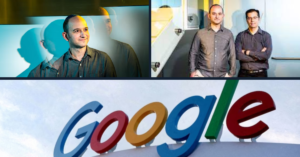

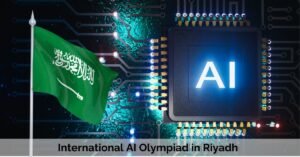

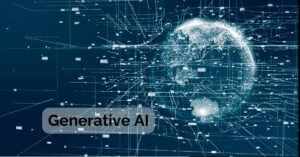
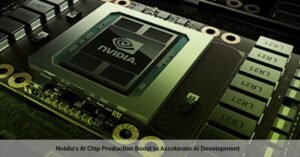
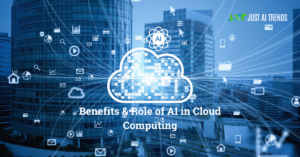
@2023-2024-All Rights Reserved-JustAiTrends.com